Airmic’s incoming chair Paul Goulding explains his plans for the year ahead
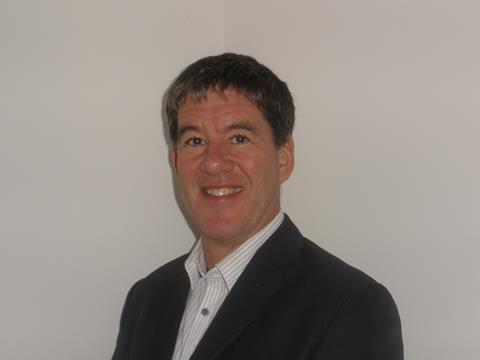
What are you expecting from your year as Airmic chair?
It is broadly about continuing the good work. There’s a phenomenal agenda of things going on, when you look at the technical agenda and the various outputs that come from all the working groups. So it’s about making sure that carries on and that it continues to deliver value for members. We will obviously be welcoming a new chief executive as well, so making sure John Ludlow gets backing from us as the Airmic board is also important.
How have you been preparing for the role?
Outgoing chair Clive Clarke’s theme was all around the youth agenda. The way I’m going to tackle it is much more around working closer together, being that with members and/or partners and other stakeholders. That is not to say that we’ve done a bad job, but as is evident all too often these days, the world is changing and it is important we provide our members with the right tools and expertise to survive and thrive in that environment.
What do you hope to achieve during the next year?
I’d like to see more members engaged actively. If the number of members who are taking part in an event or are coming to the conference increases, then I would consider that to be a success. But equally, it may well be that a lot of the people that we support don’t feel the need to come along to an event but they may be happy to use the material that we produce. Members don’t have to come along to a meeting to be engaged, but if by downloading something or going to the Academy adds value to a member, then that’s what we want. We want members to feel we are adding some value.
What do you see as the main risks facing Airmic members?
There are plenty of things that happened in the last few weeks that have highlighted the need to be on top of the business model. I believe risk managers and insurance managers have got to understand their business in a very detailed way and be able to articulate that to external parties. If I can’t tell you about my business to a sufficient degree, how can I expect an underwriter to assume risk? So it’s about being sharp on where your business is going and having the right skills and experience to be able to articulate that to others. It’s a challenging time for our members. If we look at the events that have happened recently, such as the London Bridge terrorist attack, it’s not just about having the technical answers. Risk managers need to have the soft skills to be able to talk internally to their own organisation. We need to make sure we offer whatever support we can to members to enable them to have the right conversations.






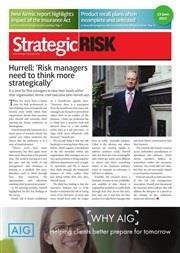







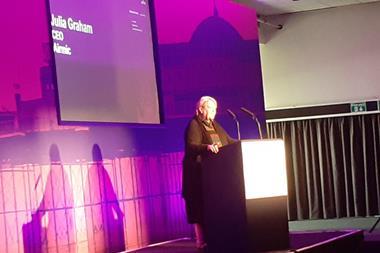
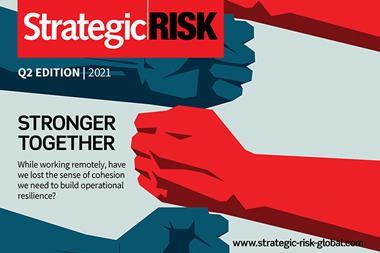
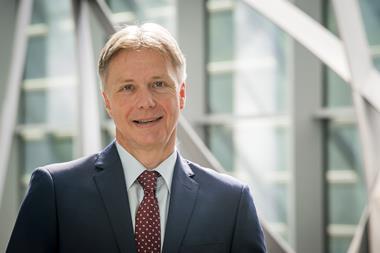



No comments yet